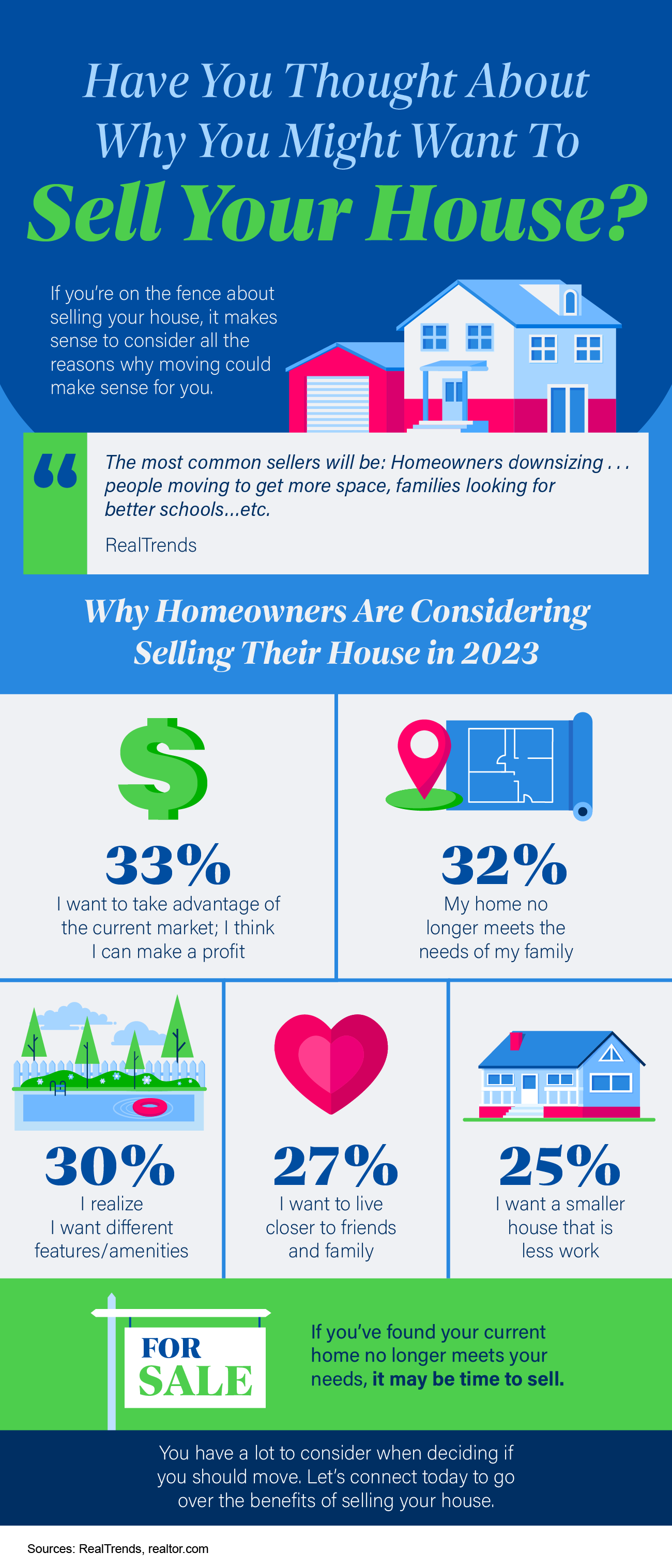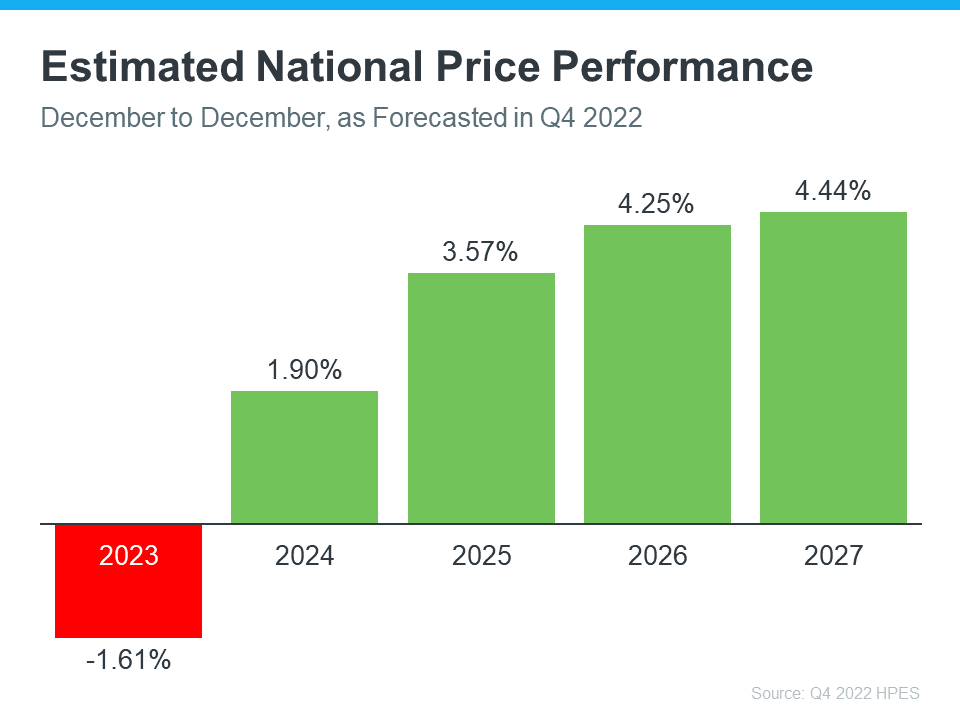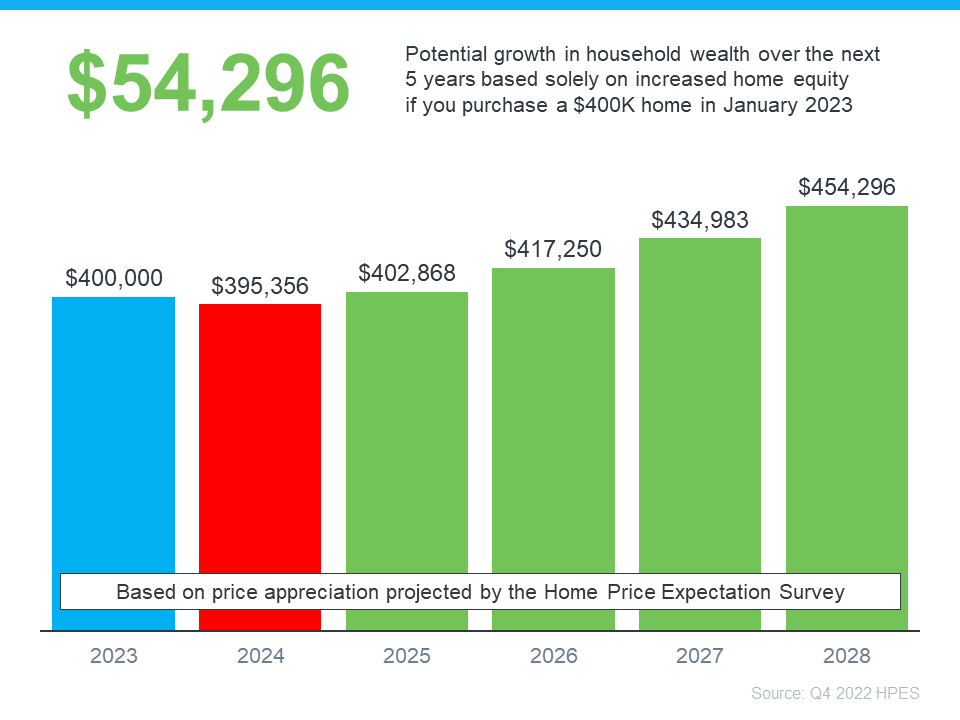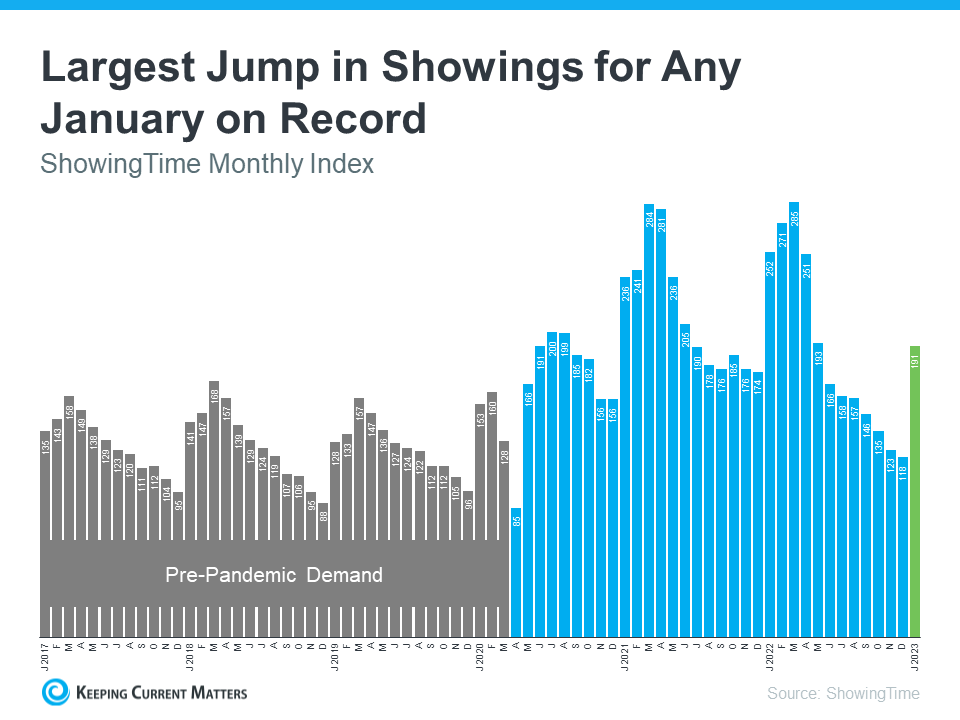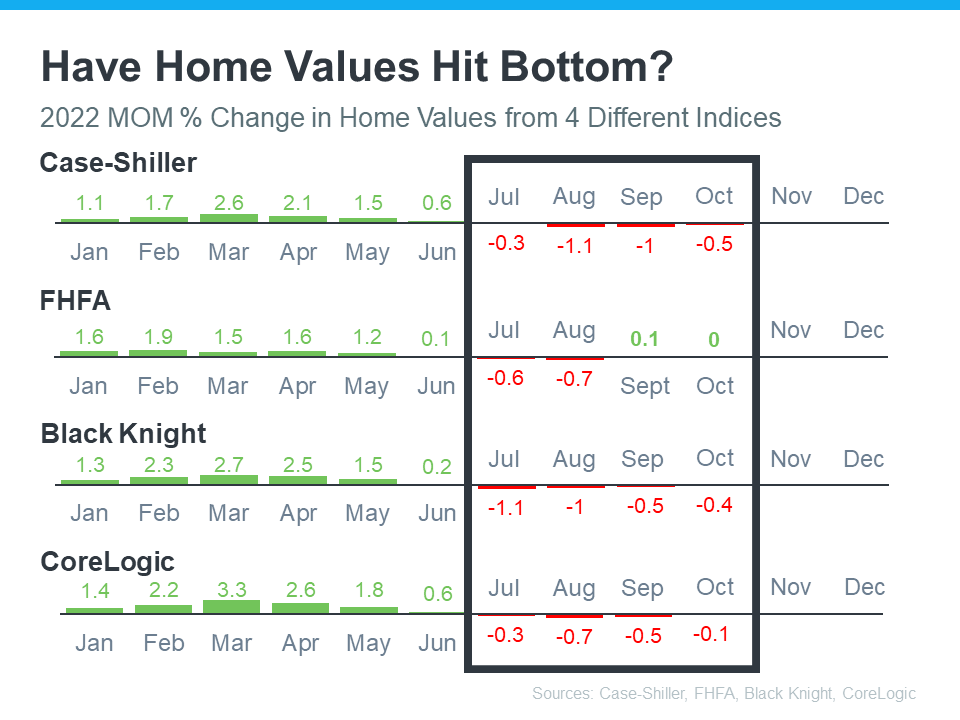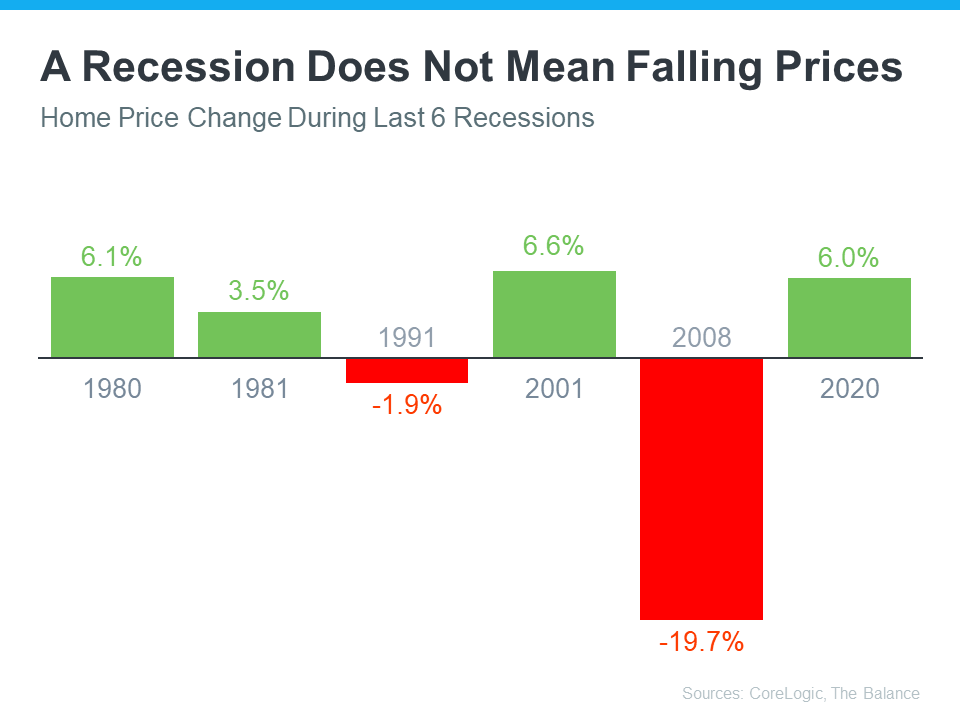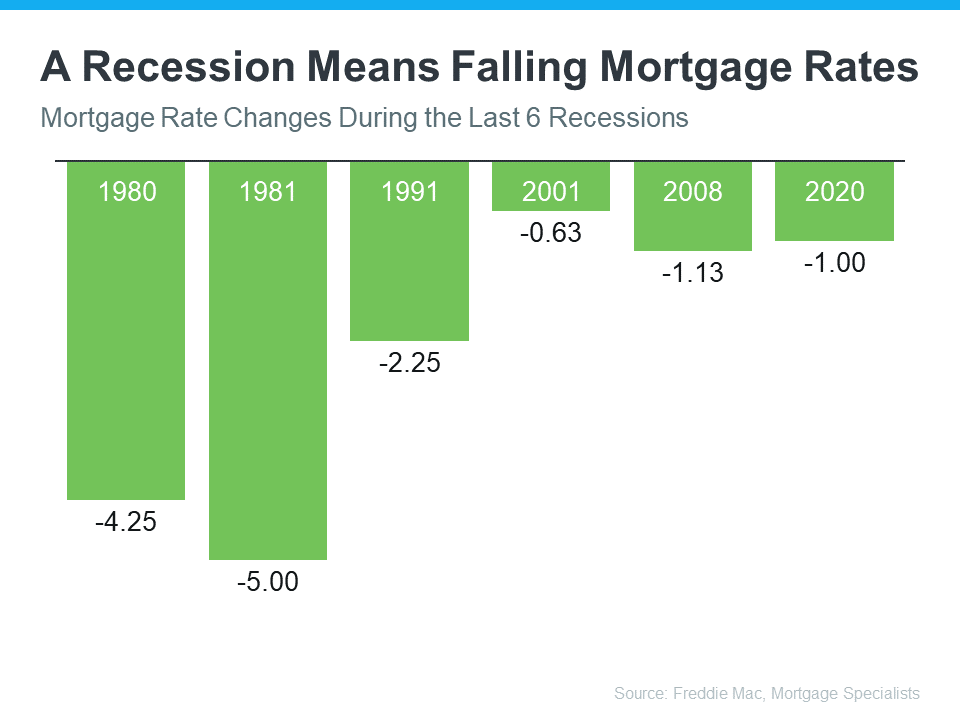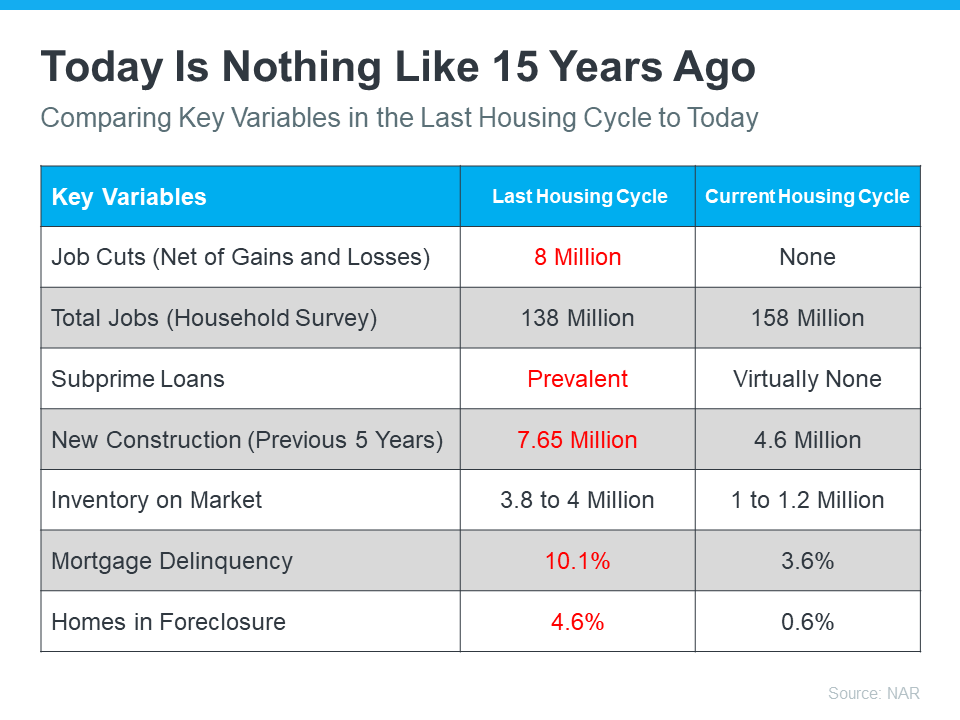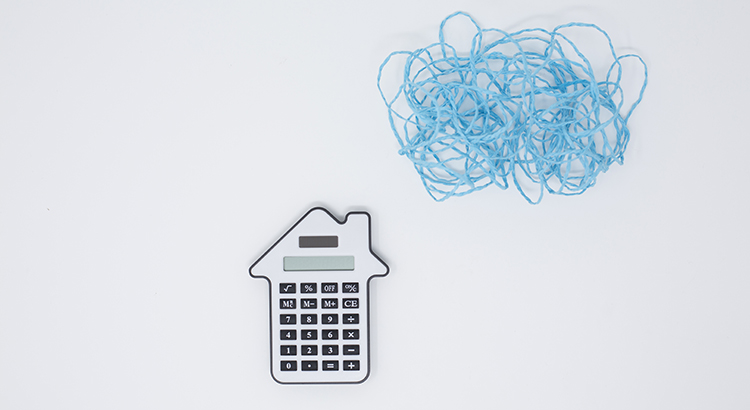Have You Thought About Why You Might Want To Sell Your House? [INFOGRAPHIC]
Some Highlights
- If you’re on the fence about selling your house, it’s worth considering all the reasons why moving could make sense for you.
- If you find your home no longer meets your needs, it may be time to sell.
- You have a lot to consider when deciding if you should move. Let’s connect today to go over the benefits of selling your house.
The Role of Access in Selling Your House

Once you’ve made the decision to sell your house and have hired a real estate agent to help, they’ll ask how much access to your home you want to give potential buyers. Your answer matters more now than it did in recent years. Here’s why.
At the height of the buying frenzy seen during the pandemic, there was a rise in the number of homebuyers who put offers on houses sight unseen. That happened for three reasons:
- Extremely low housing inventory
- A lot of competition from other buyers wanting to take advantage of historically low mortgage rates
- And general wariness of in-person home tours during a pandemic
Today, the market’s changing, and buyers can usually be more selective and take more time to explore their options.
So, in order to show your house and sell it efficiently, you’ll want to provide buyers with as much access as you can. Before letting your agent know what works for you, consider these five levels of access you can provide. They’re ordered from most convenient for a buyer to least convenient. Remember, your agent will be better able to sell your house if you provide as much access to buyers as possible.
- Lockbox on the Door – This allows buyers the ability to see the home as soon as they are aware of the listing or at their convenience.
- Providing a Key to the Home – This would require an agent to stop by an office to pick up the key, which is still pretty convenient for a buyer.
- Open Access with a Phone Call – This means you allow a showing with just a phone call’s notice.
- By Appointment Only – For example, you might want your agent to set up a showing at a particular time and give you advance notice. That way you can prepare the house and be sure you have somewhere else you can go in the meantime.
- Limited Access – This might mean you’re only willing to have your house available on certain days or at certain times of the day. In general, this is the most difficult and least flexible way to show your house to potential buyers.
As today’s housing market changes, be sure to work with your local agent to give buyers as much access as you can to your house when you sell.
Bottom Line
Access can have a big impact on the sale of your house. Connect with a real estate agent today if you’re ready to make a move this spring.
Want To Sell Your House? Price It Right.
“. . . some of the more prominent pandemic trends have changed, so sellers might wish to adjust accordingly to get the best deal possible.”
In a more moderate market, how you price your house will make a big difference to not only your bottom line, but to how quickly your house could sell. And the reality is, homes priced right are still selling in today’s market.
Why Pricing Your House Appropriately Matters
Especially today, your asking price sends a message to potential buyers.
If it’s priced too low, you may leave money on the table or discourage buyers who may see a lower-than-expected price tag and wonder if that means something is wrong with the home.
If it’s priced too high, you run the risk of deterring buyers. When that happens, you may have to lower the price to try to reignite interest in your house when it sits on the market for a while. But be aware that a price drop can be seen as a red flag by some buyers who will wonder what that means about the home.
To avoid either headache, price it right from the start. A real estate professional knows how to determine that ideal asking price. They balance the value of homes in your neighborhood, current market trends, buyer demand, the condition of your house, and more to find the right price. This helps lead to stronger offers and a greater likelihood your house will sell quickly.
The visual below helps summarize the impact your asking price can have:
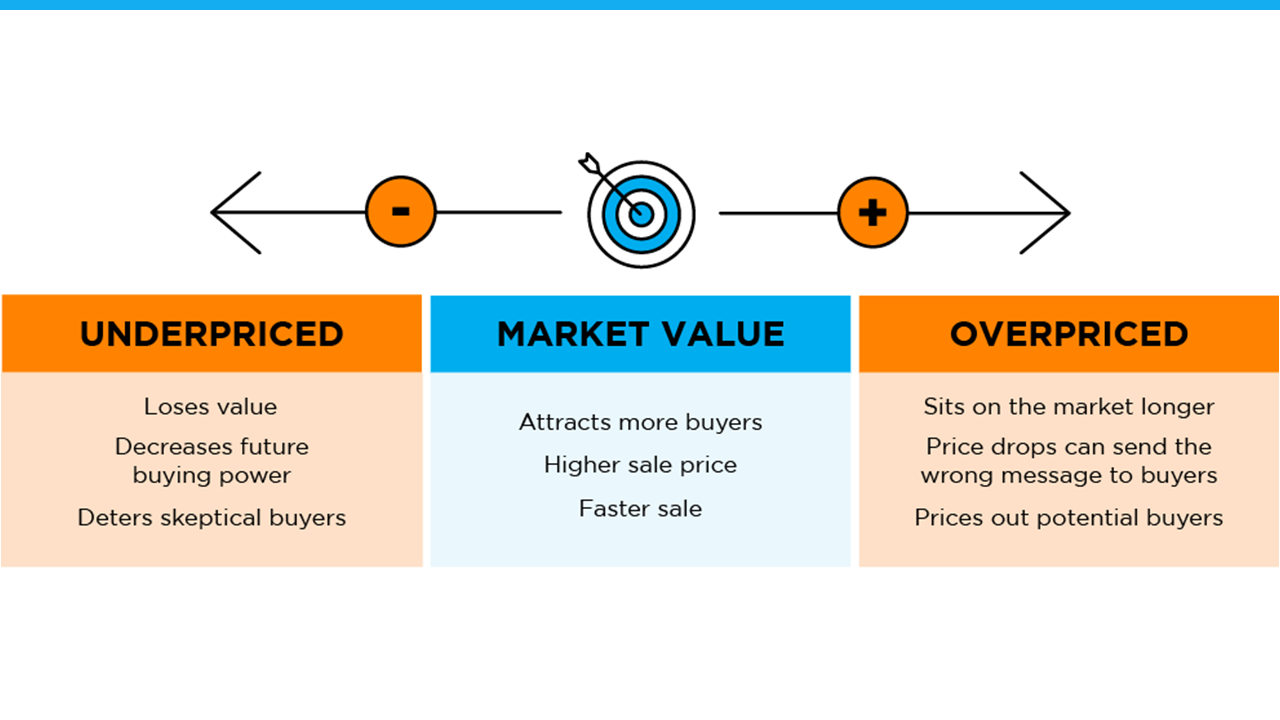
Bottom Line
Homes that are priced at current market value are still selling. To make sure you price your house appropriately, maximize your sales potential, and minimize your hassle, let’s connect.

 Facebook
Facebook
 X
X
 Pinterest
Pinterest
 Copy Link
Copy Link
